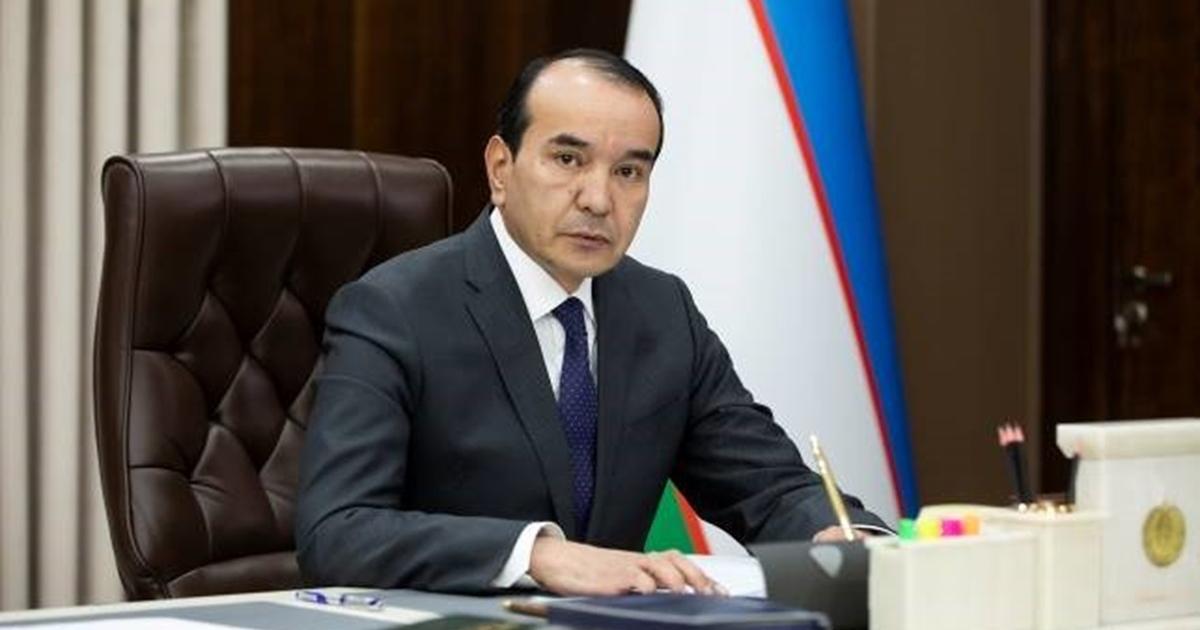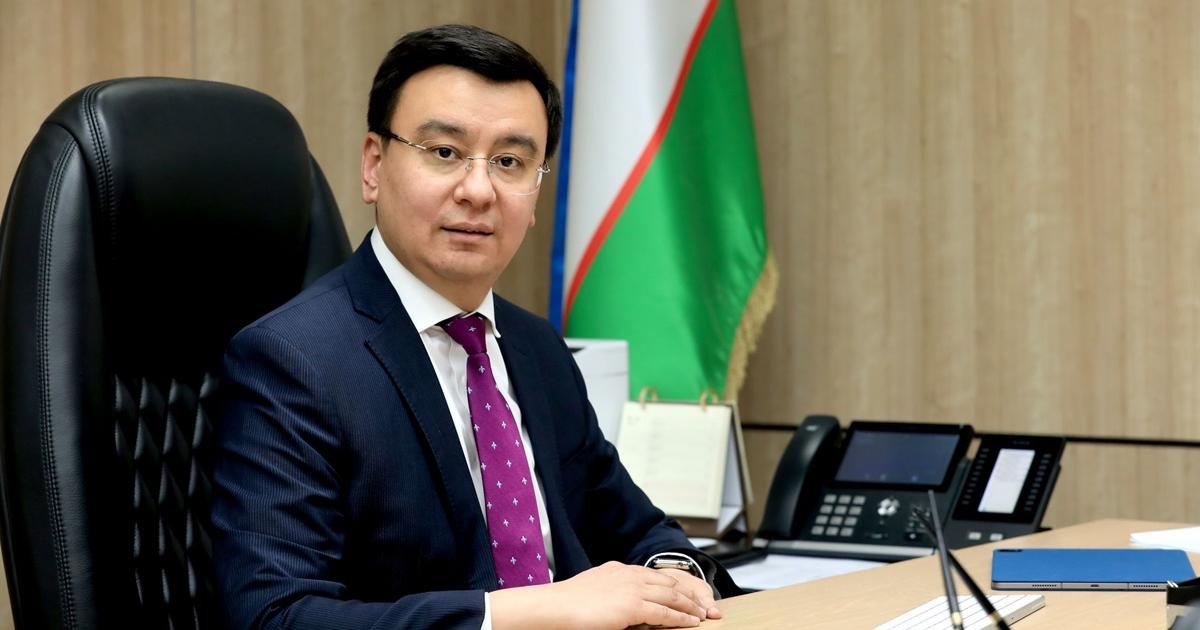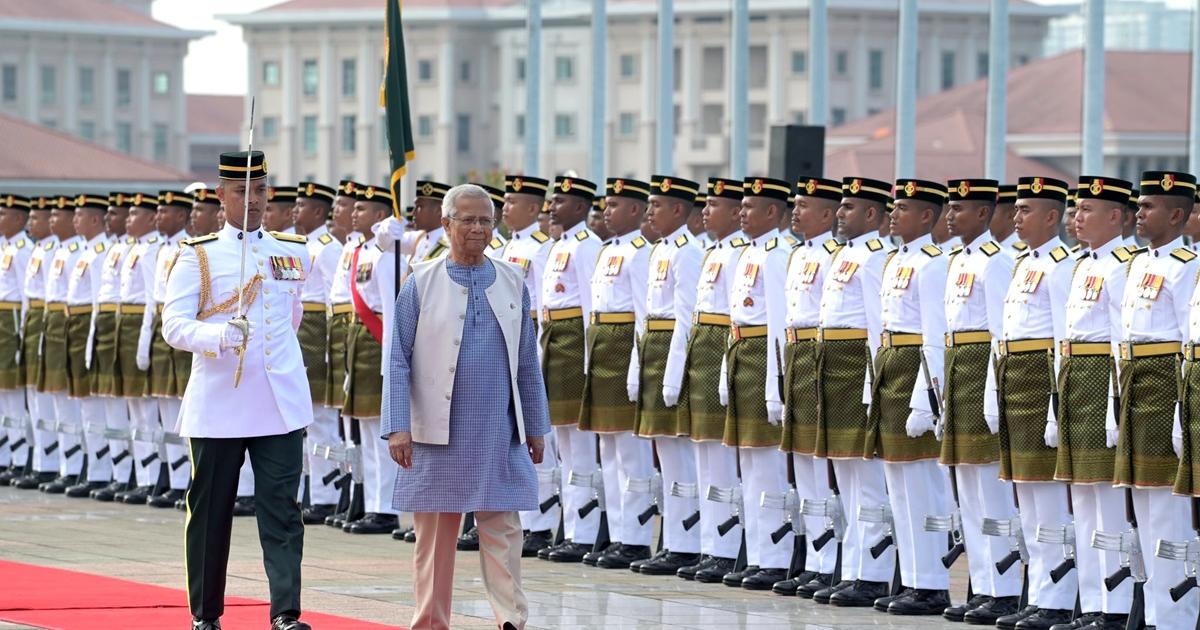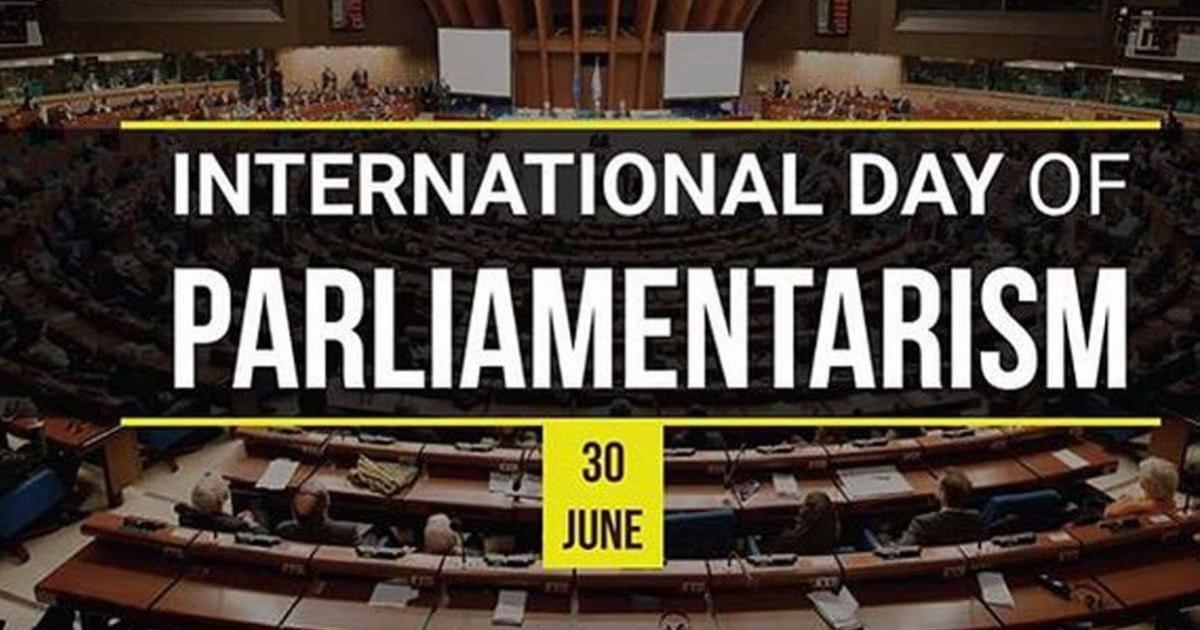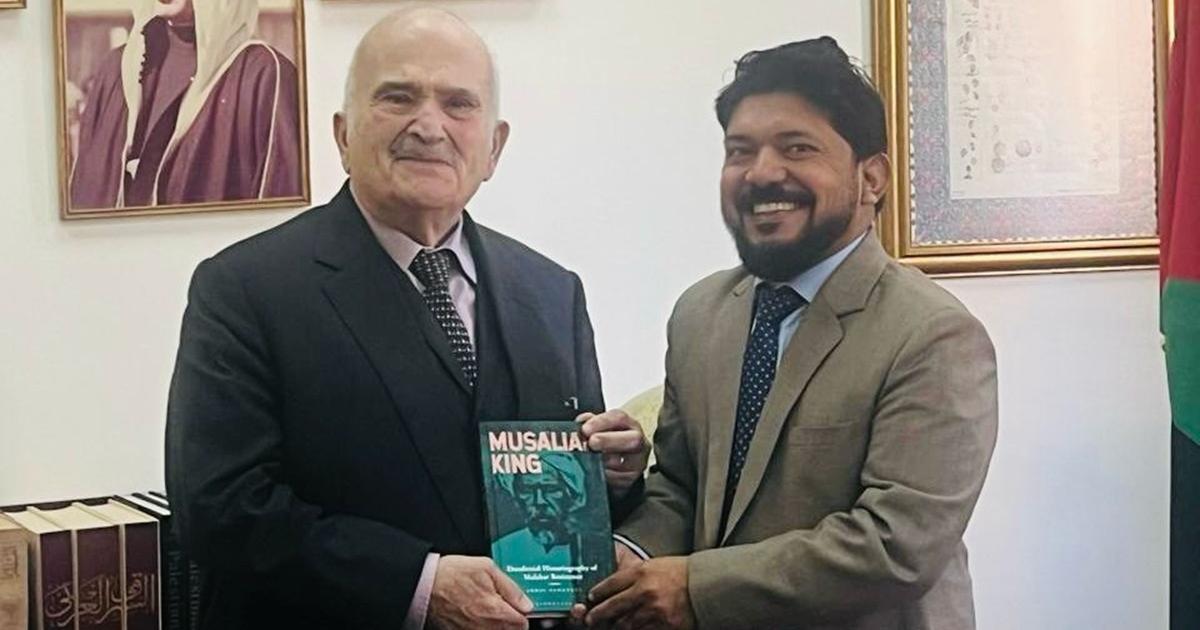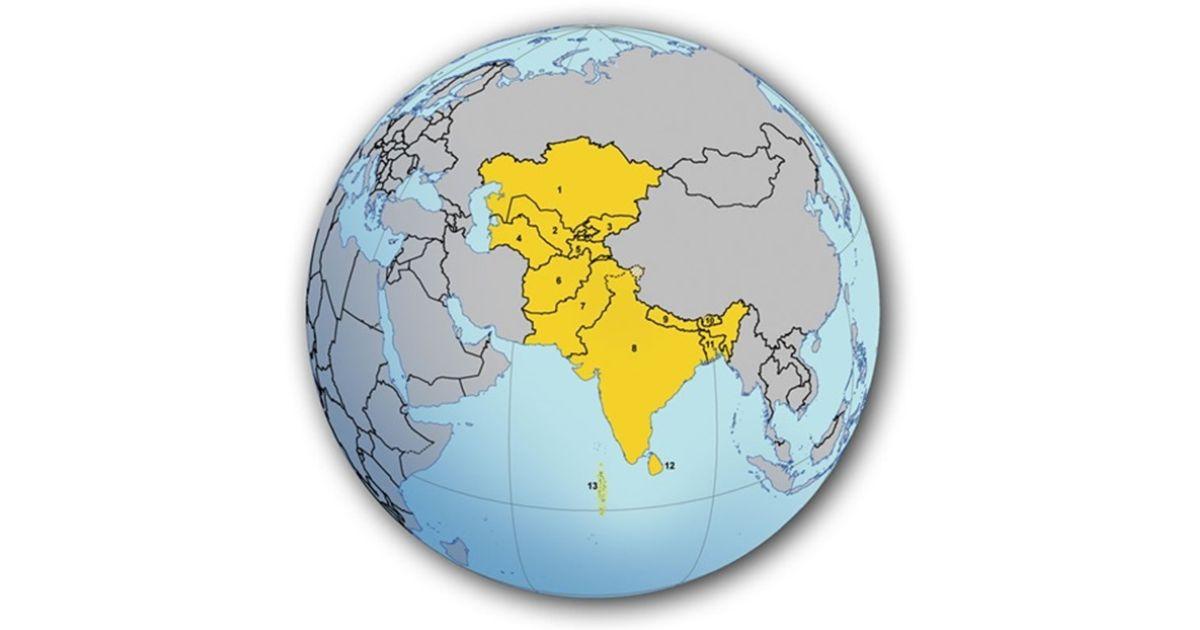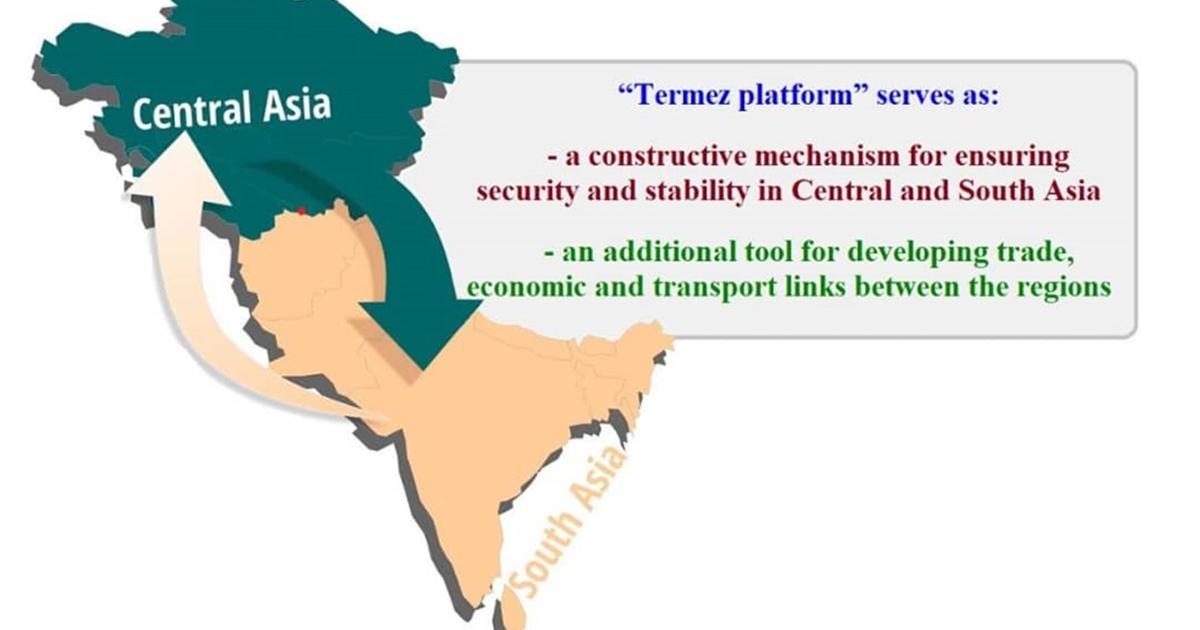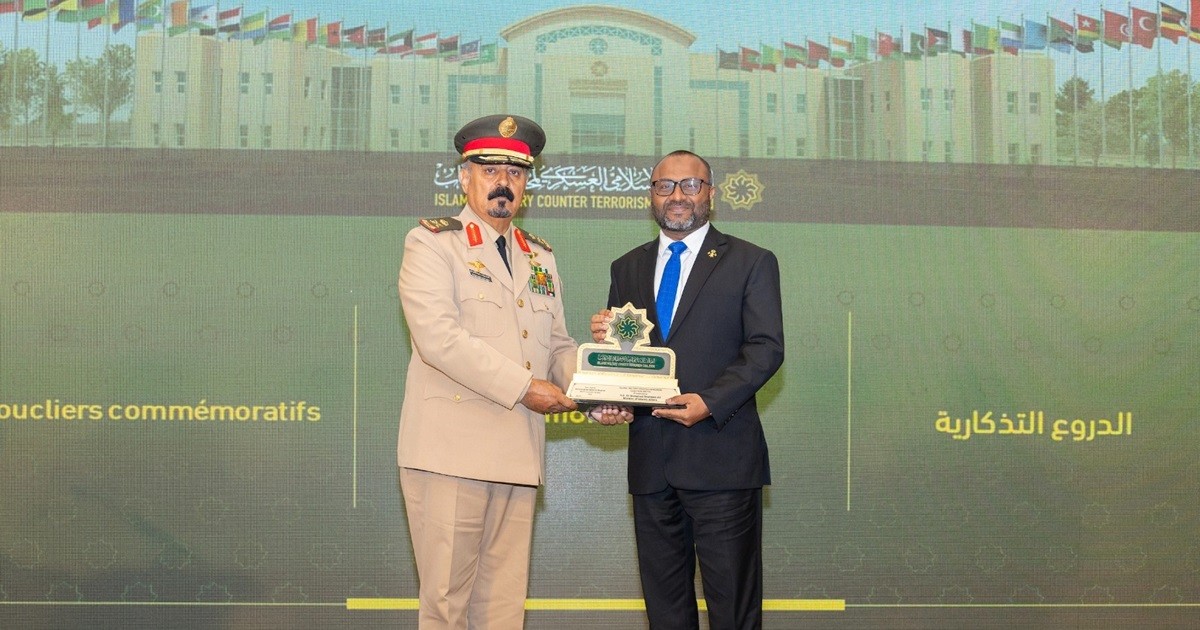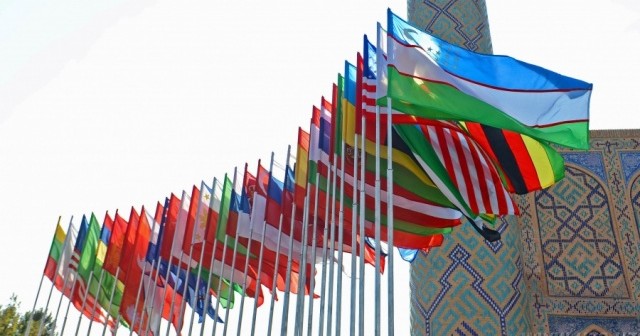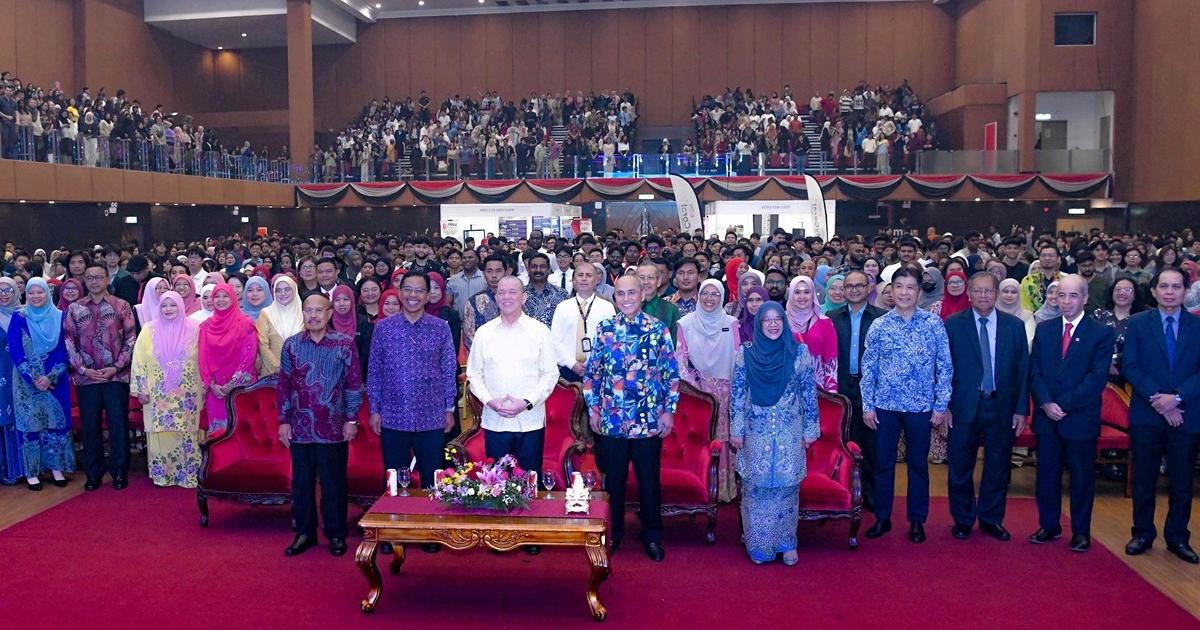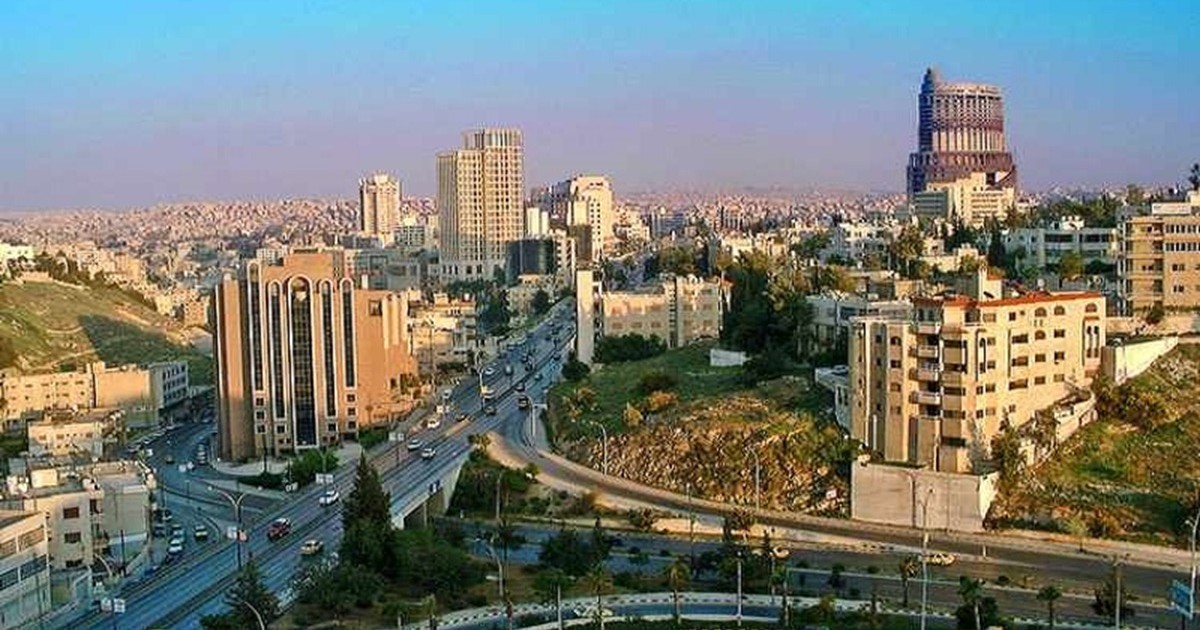
In 2019, Jordan pursued important structural reforms, introducing new regulations to govern aspects of financial transactions, such as insolvency, digital payments, and public procurement, and in so doing, becoming one of the top 20 performers in the World Bank’s 2020 Doing Business report, which takes into account a country’s progress on making it easier for small and medium-sized enterprises to operate. However, Jordan still faces external regional challenges that have worsened by the coronavirus pandemic.
On 15 April, the Director of the Middle East and Central Asia Department at the International Monetary Fund (IMF), Jihad Azour said at a virtual press conference: “We are in constant dialogue with the authorities [in Jordan] and we are ready to support them if they need additional assistance.” Azour adding: “We are also supporting them in terms of policies and technical assistance to help them cope with the shock.” In a recent report by the IMF expected Hordan’s economy to contract 3.7 per cent this year before it rebounds in 2021 and grows by 3.7 per cent.
Earlier on, the IMF endorsed USD 1.3 billion Extended Fund Facility, which seeks to support Jordan. According to the IMF official, the programme has been adjusted in order to take into account the changes that the coronavirus is inflicting on the country. “We have introduced an adjustment to allow the government to increase spending on the social aspect, in particular on healthcare issues,” he said. Inflation in Jordan is projected to narrow to 0.2 per cent in 2020 before it widens to 1.6 per cent in 2021.
Jordan’s economic growth has been very much affected by the rising numbers of refugees which adds a social and humanitarian challenge for the refugees and the host communities as well. This, coupled with the reduced external assistance provided to the country, will continue to put pressure on Jordan in the short- and medium-term. It may also slow down the progress of the economic reforms by the government which aim to make the economy more efficient and reorient it toward export-led growth by creating a better business and investment environment.
The recovery of Jordans economy will be quite dependent on the progress made by regions economy, which the IMF forecasts to contract by 3.3 per cent in 2020. Given the unprecidented plunge in oil prices, oil exports are expected to decline by more than USD 250 billion across the region. The IMF also forcasts that Saudi Arabia's GDP will shrink 2.3 per cent this year, while the economy of the UAE will contract by 3.5 per cent, and Kuwait by 1.1 per cent. Looking ahead, growth in regional oil exporters is expected to rebound in 2021, reaching 4.7 per cent, according to the fund.
- Business News 100
- Country News 16
- Feature News 30
- International News 151
- Interview News 35
- National News 18





